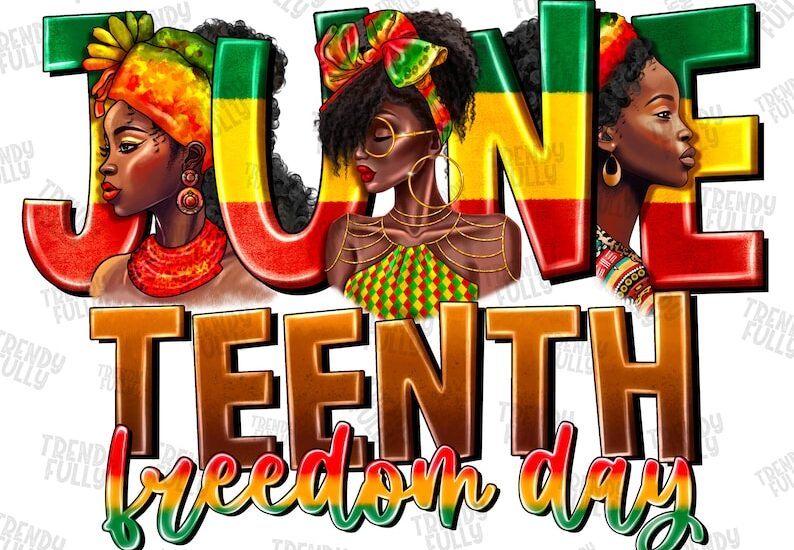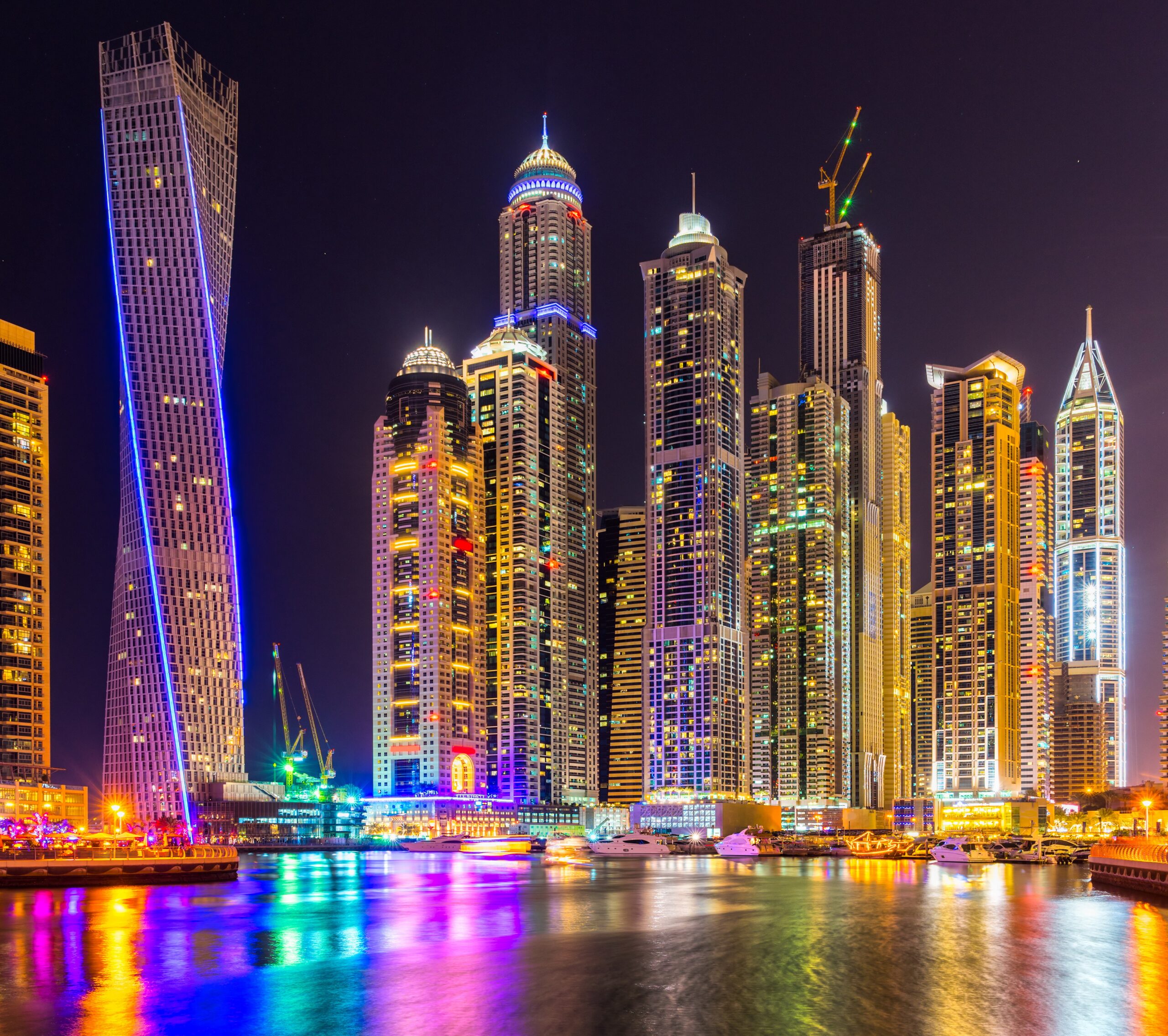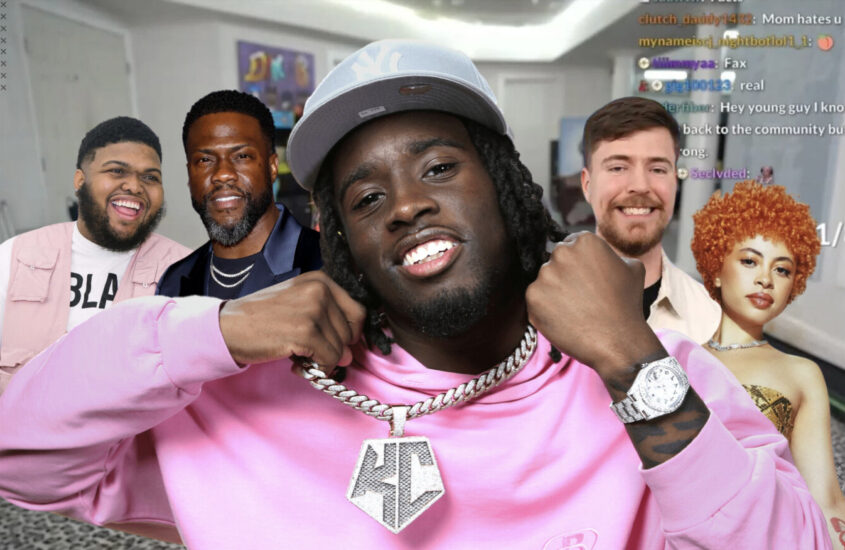
Juneteenth—the day commemorating the emancipation of enslaved African Americans—is a powerful and deeply personal celebration. But in recent years, it has undergone a transformation. What was once an organic and heartfelt observance has become commercialized, diluted, and co-opted by mainstream America. In this blog post, we’ll explore the roots of Juneteenth, its significance, and why we must reclaim its true essence.
The Origins of Juneteenth
Juneteenth traces back to June 19, 1865, when Union General Gordon Granger arrived in Galveston, Texas, and announced that enslaved people were finally free. This momentous occasion marked the end of slavery in the United States, two and a half years after the Emancipation Proclamation. Imagine the mix of emotions—joy, relief, and perhaps even skepticism—that our ancestors felt on that day.
The Organic Spirit of Juneteenth
For generations, Black communities have celebrated Juneteenth with authenticity. It was a time for family reunions, community gatherings, and reflection. Elders shared stories of resilience, survival, and the fight for freedom. Music, dance, and soulful food connected us to our roots. Juneteenth was a sacred space—a day to honor our ancestors, acknowledge their sacrifices, and renew our commitment to justice.
The Commercialization Trap
Fast forward to today. Juneteenth has become a marketing opportunity. Corporations slap the colors of liberation on merchandise, host token events, and profit from our pain. They sanitize the history, reducing it to a catchy slogan or a themed sale. Suddenly, everyone wants to be part of the narrative—but at what cost?
Unity or Appropriation?
The commercialized Juneteenth claims to promote unity. Yet, it often erases the very voices it should amplify. When brands co-opt our struggle, they dilute its power. Unity isn’t about assimilation; it’s about acknowledging our unique experiences and standing together against injustice. So, America, stop trying to fit us into your neat little boxes. Juneteenth belongs to us, not your marketing campaigns.
Taking Back Our Narrative
We must reclaim Juneteenth. Let’s honor our ancestors by preserving the authentic spirit. Share stories, cook ancestral recipes, and engage in meaningful conversations. Educate others about the true history. And yes, let’s celebrate unity—but on our terms. Bridges are okay. Billboards, no!
Juneteenth isn’t just a date on the calendar; it’s a living legacy. As we gather this year, let’s remember the resilience of those who came before us. Let’s reject the commercialized version and embrace the organic spirit. Our ancestors’ freedom wasn’t handed to them—it was fought for. And so, we continue that fight, ensuring that Juneteenth remains a day of remembrance, empowerment, and unapologetic Black joy.
Note: This blog post is a heartfelt reflection, inspired by the true essence of Juneteenth. It’s not about exclusion (it can be), but about reclaiming our narrative.
What are your thoughts on Juneteenth? How do you celebrate it?









